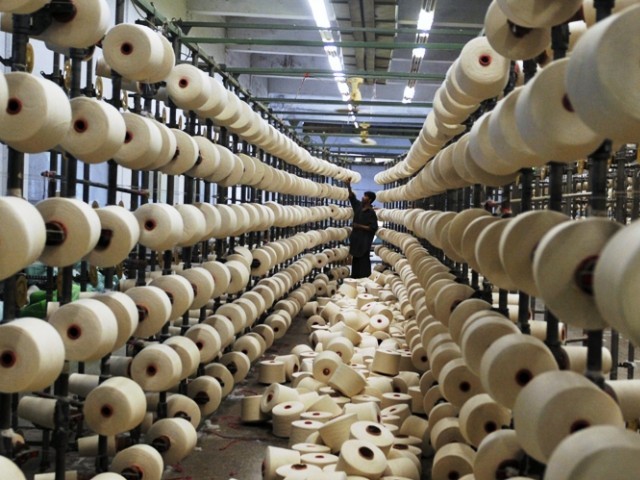Avrio Gold, a company specialising in gold trading and jewellery manufacturing, is preparing to open a new factory for producing gold jewellery and bullion on a 1,000-square-metre site in one of Egypt’s industrial zones at the beginning of 2026, according to Emad Saad, Chairperson of the company.
Saad revealed that Avrio Gold also plans to expand its retail network by opening two new branches — in the New Administrative Capital and Nasr City — in addition to its existing outlets in the El-Sagha gold district, one specialising in wholesale and retail, and another in raw gold trading.
He explained that the company is an authorised distributor for several international brands in gold and bullion, offering 21k and 18k jewellery in various weights to cater to diverse consumer segments amid rising prices and declining purchasing power.
Avrio Gold operates a specialised branch for raw gold trading, providing services for buying, exchanging, and receiving jewellery from all brands available in the market. The company also facilitates gold transfer operations for traders inside and outside Egypt — a mechanism similar to banking transactions in the gold market, where traders purchase gold from manufacturers in exchange for an equivalent quantity of raw gold, paying only the workmanship cost in cash.
Saad stressed that gold represents a trader’s real capital, and that any sold quantity must be immediately replenished at the same price to maintain market stability. He added that Avrio Gold also collects used jewellery (scrap) from across Egypt to melt and reuse in production, helping reduce import needs and strengthen local supply chains.
“The surge in gold prices reflects strong global and local momentum driven by geopolitical tensions, central bank demand, and a weaker dollar,” Saad explained. “In Egypt, prices depend on global trends, the exchange rate, and supply and demand.”
He noted that soaring prices have slashed sales and weakened consumers’ purchasing power, leaving markets nearly stagnant. Despite the downturn, factories are retaining skilled craftsmen to preserve product quality and artisanal expertise, which Saad described as “the industry’s true human capital.”
Saad urged authorities to support the gold industry through tax relief, reduced fees, and streamlined export procedures to offset weak local demand. He emphasised that the current crisis is one of stagnant demand rather than high prices, warning that it threatens generations of craftsmanship.
He called for financing facilities to help factories manage higher production costs, stressing the sector’s potential for a strong recovery if timely support is provided.
Saad added that while the New Administrative Capital has created new trading opportunities, record-high prices have slowed demand and production, with about 90% of current demand concentrated on bullion and coins. He expects a gradual recovery as incomes rise and the exchange rate stabilises.
He noted that the Egyptian pound’s depreciation — from EGP 17 to EGP 48 per dollar over the past three years — has driven inflation and eroded purchasing power. However, he expects improving incomes and service-sector growth to revive gold demand in the near term.
Saad also anticipates that gold prices will continue rising globally and locally, driven by geopolitical uncertainty, central bank purchases, de-dollarisation trends, and global inflation. To offset higher costs, companies have raised manufacturing fees by 20–30% since the start of the year, depending on karat, weight, and design.
Despite the increases, factories have not passed on the full rise to consumers to preserve affordability, causing profit margins to shrink from around 10% to 3%.
Saad added that jewellery designs have evolved, with lighter pieces now ranging from 5 to 30 grams instead of 70 to 100 grams previously, which require more manual labour and increase production costs. Meanwhile, demand for heavier 24-karat jewellery among Bedouin and Arab tribes in regions such as Matrouh, Sinai, and the oases has grown, prompting companies to develop collections tailored to traditional tastes.



